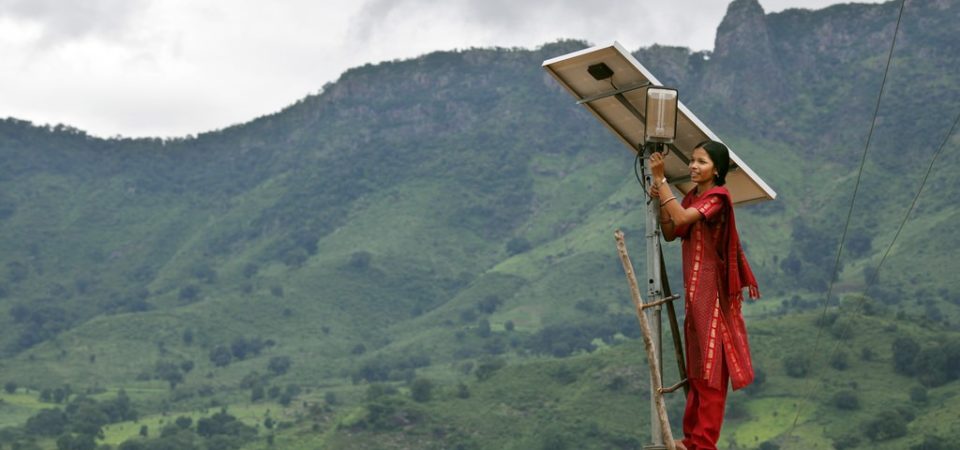Item Link: Access the Resource
Date of Publication: April 27, 2018
Year of Publication: 2018
Publisher: Macmillan Publishers Limited, Springer Nature
Author(s): Sivan Kartha , Tom Athanasiou, Simon Caney, Elizabeth Cripps, Kate Dooley, Navroz K. Dubash, Teng Fei, Paul G. Harris, Christian Holz, Bård Lahn, Darrel Moellendorf, Benito Müller, J. Timmons Roberts, Ambuj Sagar, Henry Shue, Peter Singer, Harald Winkler
Journal: Nature Climate Change
Volume: 8
Pages: 348-349
Sivan Kartha, et al. respond to the Robiou du Pont, et al. (2016) article Equitable mitigation to achieve the Paris Agreement goals. In their response, the authors point to multiple points in which the original article used methodology biased towards higher-emitting countries, and question the suggestion “that wealthier countries have made more ‘equitable’ contributions to the Paris goals than poorer countries.”
When reflecting on the relative fairness of countries’ pledges and actions, the role of scholarly analysis and quantification is to help clarify the ethical underpinnings and consequences of the choices facing society. It is emphatically not to make those normative choices. However, the article by Robiou du Pont et al. has made a number of normatively crucial choices, and not explicitly but rather in a way that obfuscates the ethical underpinnings and their consequences. While presented as a neutral, ecumenical, comprehensive survey that follows an objective IPCC taxonomy, the overall effect — far from illuminating the moral choices confronting society — at best conceals the moral choices and at worst arrogates them.
Read the full article.
The views and opinions expressed through the MAHB Website are those of the contributing authors and do not necessarily reflect an official position of the MAHB. The MAHB aims to share a range of perspectives and welcomes the discussions that they prompt.
